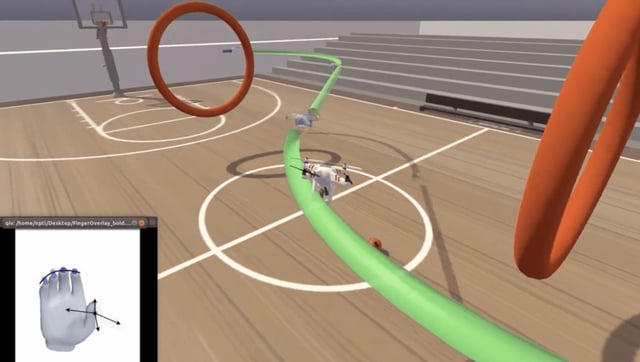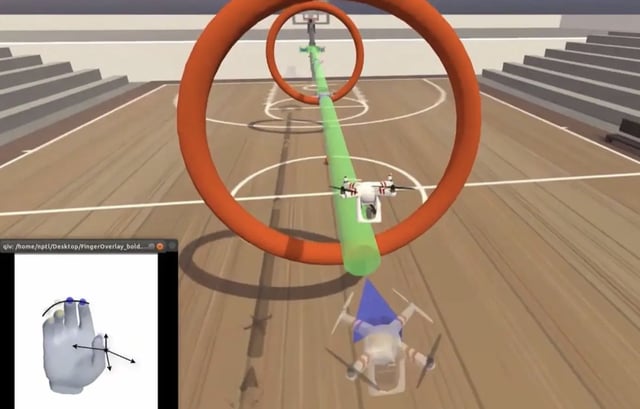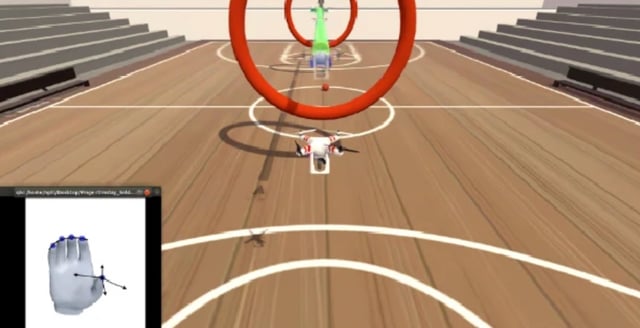Overview
- The participant, paralyzed in all four limbs due to a spinal cord injury, used a surgically implanted brain-computer interface (BCI) to navigate a virtual drone through an obstacle course.
- The BCI interprets neural signals associated with specific finger movements, allowing unprecedented control of virtual objects with up to four degrees of freedom.
- Researchers achieved six times the accuracy of previous non-invasive systems by placing electrodes directly in the brain's motor cortex and using machine learning to decode signals.
- The study highlights potential applications for BCIs beyond recreation, including typing, playing instruments, operating software, and even restoring broader motor functions.
- While the technology shows promise, challenges such as surgical risks, concentration demands, and long-term effects remain areas for further research and development.



